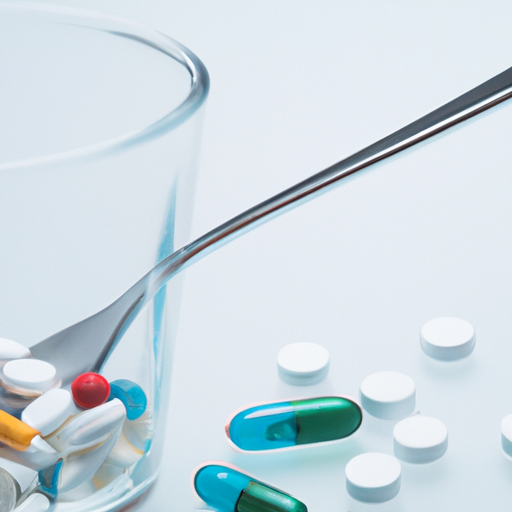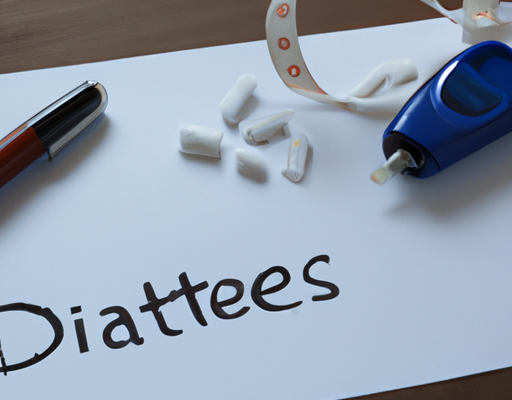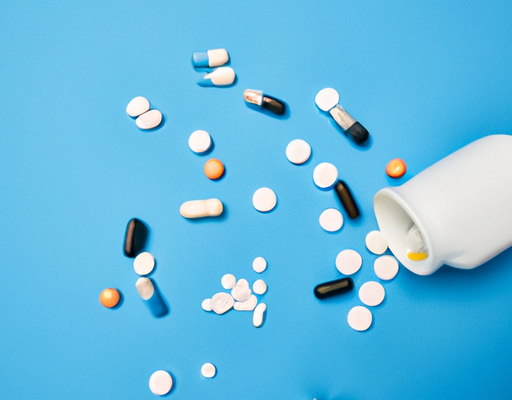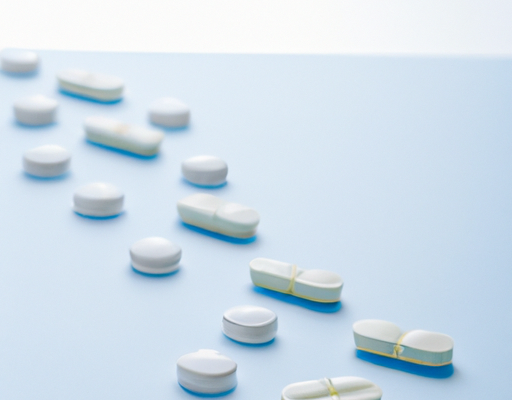Definition of a big pimple
A big pimple is defined as a large, inflamed blemish on the skin caused by blockage of the skin’s pores due to a buildup of oil, dirt, and bacteria. Big pimples can range in size from a small, raised bump to a large, painful nodule. They can be accompanied by redness and inflammation, and in some cases can cause scarring if popped. Big pimples can be painful and unsightly, and can lead to other skin problems if not taken care of properly.
Benefits of popping a big pimple
Popping a big pimple may have some health benefits, especially when done correctly. When done correctly, popping allows the infection and pus to leave the body, promoting healthy healing and preventing the infection from spreading to other areas of the face or elsewhere on the body. Popped pimples can also be cleaned more thoroughly and thoroughly dried, which helps to prevent future breakouts. In addition, popping large pimples can also help to reduce pain and swelling associated with them. Pops can also help reduce the chances of post-inflammatory hyperpigmentation, which are dark spots that can remain after the pimple has healed. However, popping should only be done if the pimple is ready to be popped and no further damage to the area is done.
Risks of popping a big pimple
Popping a big pimple can be very tempting, but it is important to remember there can be serious health risks associated with this practice. When a pimple is popped, bacteria that is normally contained within the pimple is released into the surrounding skin and can enter the body, resulting in an infection. If left untreated, this infection can spread to the bloodstream, resulting in a dangerous and potentially life-threatening illness such as sepsis. In extreme cases, leaving a big pimple untreated can lead to permanent scarring or disfigurement. Of course, there may be cases where popping a big pimple is the best option, but it is important to consult a doctor or dermatologist first to determine the best course of action.
Causes of big pimples
Big pimples, also known as cystic acne, are a type of acne that form deep beneath the skin, causing painful and large lumps. They are typically caused by a combination of factors, including hormones, genetics and lifestyle habits. Hormones are the main culprit, as they can trigger the release of an excess of oil and can create an environment conducive to bacterial growth. Genetics can also play a part, as some people are more prone to cystic acne due to their genetic makeup. Lastly, lifestyle habits can also contribute to the development of big pimples. For example, if you don’t practice good hygiene or have a poor diet, it can lead to a build-up of dirt and bacteria on your skin and can cause acne to develop.
Prevention of big pimples
Taking preventive measures against big pimples is essential. Start by washing your face twice a day with a gentle soap or cleanser, paying attention to areas of your face that tend to be oilier, such as the nose, forehead, and chin. Don’t scrub your face too roughly as this will irritate your skin and make it more prone to pimples. Avoid using too many facial products, particularly those containing harsh chemicals, as this can clog pores and cause breakouts. If you feel a big pimple coming on, it’s best to avoid touching it as this can spread bacteria and cause more extreme skin irritation. Applying warm compresses on the area multiple times per day can help reduce the size of a pimple. Eating a balanced diet, rich in fruits and vegetables, and avoiding processed and sugary foods, can also help reduce the chances of big pimples appearing. Having healthy skin habits can make all the difference in preventing big pimples.
When to seek medical help
If a pimple is large, painful, and doesn’t seem to be going away, it is important to consult with a doctor or dermatologist. Medical help should also be sought if the skin around the pimple is swollen, inflamed, and very tender to the touch. If the pimple is accompanied by fever and general malaise, these could be signs of a bacterial infection requiring urgent medical attention. Most mild pimples can be managed at home, but if your condition is not improving, it is best to visit a professional to get the right treatment.
Summary
Having a big pimple is never fun, but it can be tempting to pop it. While it may seem like the quickest way to make the pimple disappear, popping a pimple can actually do more harm than good. Popping a pimple can cause inflammation, which can lead to further breakouts, as well as leave behind scars. In addition to the physical effects, popping a pimple can also cause psychological distress. To ensure healthy skin, it is best to avoid popping a pimple. Instead, use a gentle cleanser, moisturizer and spot treatment to help reduce the size of any pimples and prevent future breakouts.





No Comments